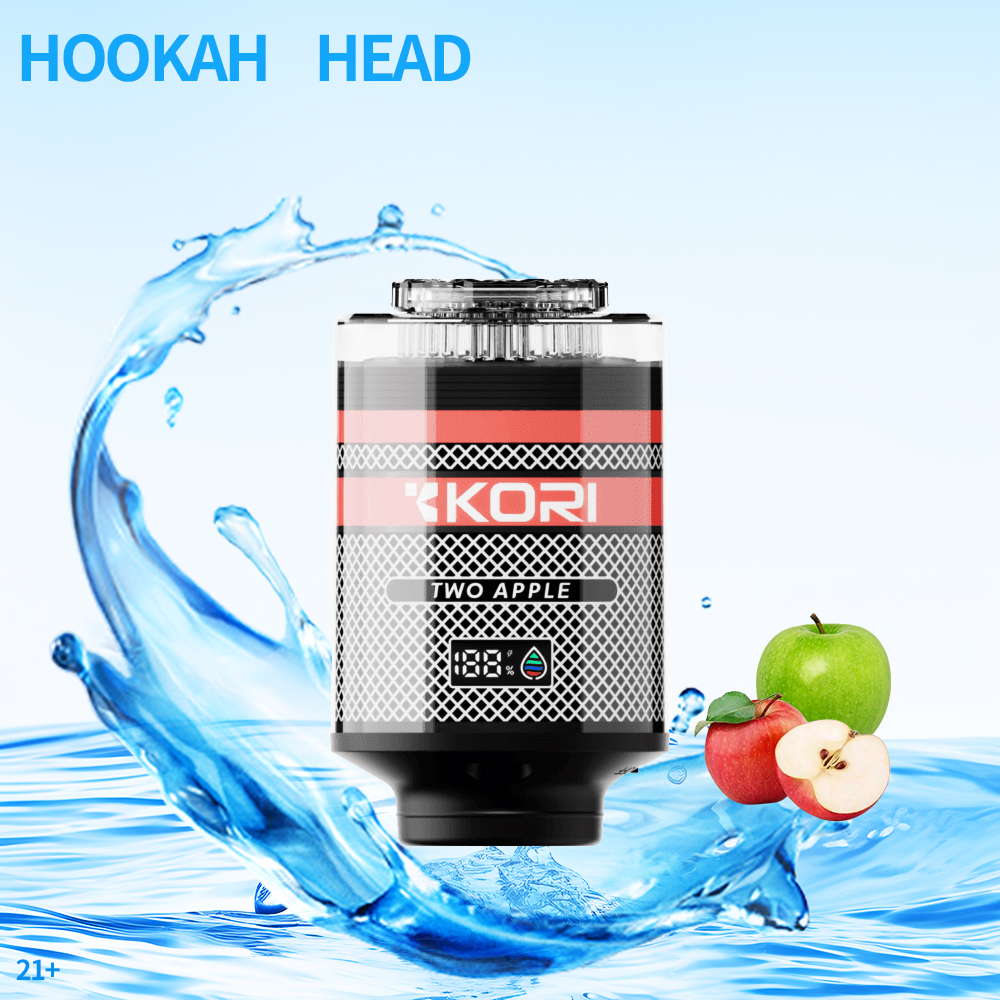A Closer Look at the Growing Ban on Vaping in Vape Shops
The rise of vaping has undeniably marked a significant shift in how consumers enjoy nicotine products. Initially heralded as a safer alternative to traditional smoking, vaping quickly gained popularity, especially among younger demographics. However, recent legislative trends have begun to target vaping within vape shops themselves, leading to debates around health, regulation, and the rights of both consumers and shop owners. This article delves into the reasons behind these burgeoning bans, the implications on the vaping industry, and the broader societal conversations surrounding vaping.
Understanding the Legislative Landscape
As concerns over public health grow, many states and municipalities are implementing stricter regulations regarding vaping products. Vape shops, once seen as sanctuaries for vaping enthusiasts, now face scrutiny, with some local governments proposing outright bans on the use of vape products within their premises. The justification for these bans often centers around health risks associated with vaping, particularly in light of recent studies suggesting a potential link between vaping and lung diseases.
The Health Argument
Health advocates argue that the inhalation of flavored vapor may pose risks not yet fully understood. While vaping is commonly viewed as a safer alternative to smoking traditional cigarettes, the long-term health consequences remain largely unknown. Reports of acute lung injury and serious respiratory issues connected to vaping have spurred public outcry, prompting lawmakers to take action to protect consumers. This aligns with broader trends aimed at reducing nicotine consumption, particularly among youth. The argument is simple: to ensure the safety of the public, restrictions should be enforced.
Public Perception and Youth Vaping
Another contributing factor to the ban on vaping in vape shops is the alarming rise in vaping among teenagers. Data from various health studies indicate that the use of e-cigarettes among youth has surged, often attributed to appealing flavors and aggressive marketing tactics. As vaping is normalized in environments like vape shops, lawmakers argue that it could encourage underage individuals to adopt the habit indiscriminately. Hence, the justification for the ban is rooted in protecting vulnerable populations from the potential dangers of nicotine addiction.
Defending Vape Shops
Despite the rising tide against vaping, many vape shop owners argue that these bans are unfair and detrimental to their businesses. They see their shops as vital spaces for fostering community and education around safer nicotine consumption practices. Many vape shop owners invest in educating customers regarding responsible vaping versus smoking, offering guidance and support that may not be available in traditional retail environments. They argue that instead of outright bans, a better solution would be increased regulation and the promotion of responsible use.
Economic Impact on the Industry
The economic ramifications of such bans can also be profound. Vape shops have emerged as significant contributors to local economies, providing jobs and tax revenue. The strict prohibitions on vaping not only threaten the viability of these businesses but also the livelihoods of those who work within them. A flourishing market has the potential to generate substantial income for local governments through taxation; thus, finding a balance between public health and economic prosperity is crucial.
The Push for Safer Regulations
Instead of outright bans, some advocates propose a reformation in how vaping regulations are approached. Suggested measures include age verification enhancements, controlled product access, and strict marketing guidelines to limit youth-targeted promotions. By implementing comprehensive regulations that protect young individuals while still allowing adults access to vaping products, a more balanced approach can be established. This would include potential licensing for vape shops to ensure they adhere to safety standards.
Alternative Strategies to Combat Vaping Risks
While it’s imperative to address the public health concerns associated with vaping, there are alternative strategies that can mitigate risks without necessitating a ban. Educational initiatives aimed at informing both the public and the businesses about the responsible use of vaping products can cultivate a culture of safety rather than stigma. Engaging community leaders and public health officials in open dialogues about vaping can also bridge the gap between regulation and personal freedom.
Community Engagement and Responsiveness
The conversation surrounding vaping bans must also engage community stakeholders, including health professionals, educators, and parents. Community workshops and forums could pave the way for shared insights and potential solutions that encompass various perspectives. Ensuring that vape shops serve as responsible retailers and resources in the fight against nicotine addiction could transform them into allies in health initiatives.
The Future of Vaping Legislation
As legislation continues to evolve, it is essential for all parties involved to continue engaging in constructive dialogue. Future regulations will need to balance public health, the economic interests of businesses, and the rights of consumers. By collaborating on effective legislation, it’s possible to find pathways that provide safety without unnecessary restrictions. The challenge lies in remaining adaptable amid a rapidly changing landscape influenced by technology, consumer behavior, and public health research.
Final Thoughts
As discussions about the ban on vaping in vape shops proliferate, it remains paramount to understand the multifaceted issues at play. Legislative actions should be informed by robust data and inclusive dialogues that respect the interests of consumers, businesses, and public health. Only through a cooperative approach can society navigate the complexities of modern nicotine consumption and implement regulations that genuinely protect the public while respecting individual freedoms.





